Chinese artisans keep Qing emperors’ clocks alive and ticking
- Emperor Qianlong’s painstakingly repaired timepiece is one of 120 clocks and watches from The Palace Museum in Beijing now on show in Hong Kong
- The ‘Treasures of Time’ exhibition features pieces that are not only rich in historical and artistic value, but also reveal period’s sophisticated artisanship
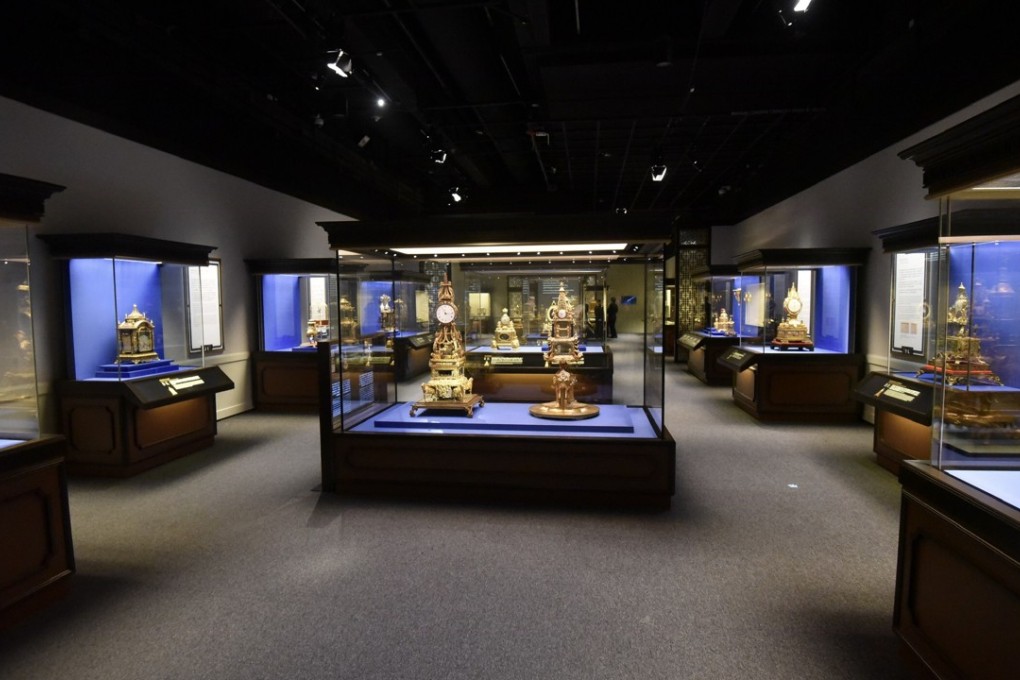
When conservator Wang Jin opened the case of a bronze clock that belonged to Emperor Qianlong from the Qing dynasty (1644–1911), all he could see was a pile of rusty parts inside the cavity of the timepiece.
Some components of Emperor Qianlong’s clock were in the wrong place, while others were broken. The complicated mechanisms [made restoration all the more difficult]
“Some components of the clock were in the wrong place, while others were broken,” Wang, a research fellow at the clock studio of the conservation department at The Palace Museum in Beijing, who has mended about 300 timepieces over the past 40-odd years, says.
“The clock was designed to have many motions. The complicated mechanisms [made the restoration all the more difficult].”
The “gilt bronze clock with a country scene and water automaton” was a tribute from Britain to the emperor more than 200 years ago.
It shows a village scene featuring a farmhouse, water wheel and animals.
After activation, the music plays, the water-simulating glass rods revolve, the figures move, the wings of a hen and chicks flap and the neck of a goose flexes.
It took Wang almost a year to fully restore the bronze clock’s original glamour and functions.
The piece is now on display at the “Treasures of Time” exhibition, which is now being held at Hong Kong Science Museum.
The show features 120 clocks and watches from the collection of The Palace Museum, including antiques made in China as well as items received from Britain, France and Switzerland.
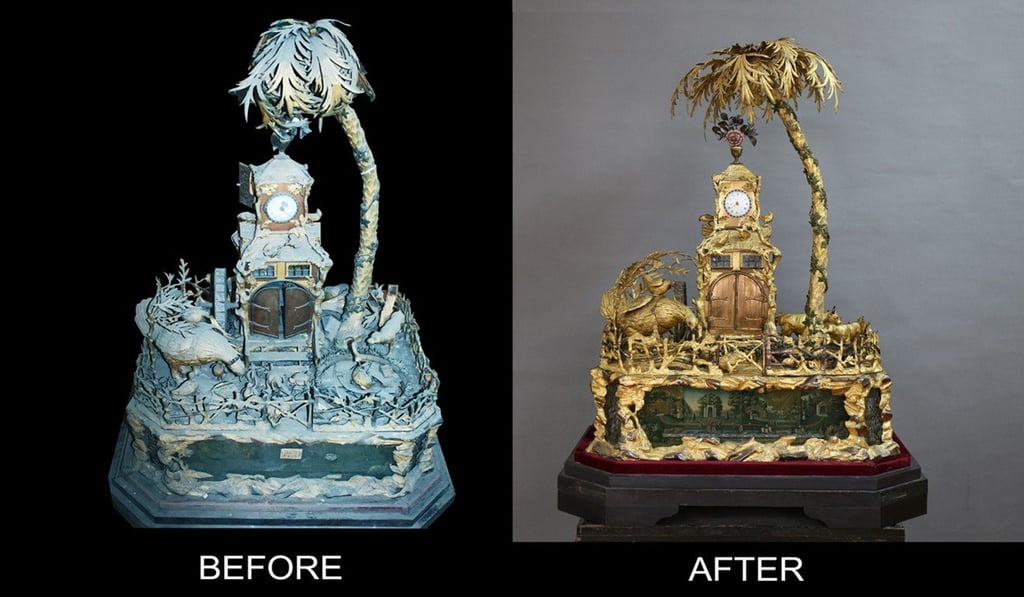
China’s fascination with modern, mechanical timepieces developed during the late Ming (1368–1644) and Qing dynasties when foreign missionaries gave Chinese officials precious items such as chiming clocks, glassware and maps to help gain their reluctant acceptance or approval for their evangelical activities.
We say that Jesuit priest Matteo Ricci used clocks as a ‘key’ to open the gates of the palace
Guan Xueling, a research fellow at The Palace Museum’s department of palace life and imperial ritual, says the missionary priests also showed their prized clocks and watches to the “common people”.
As far as the emperor was concerned, Western timepieces were brought into the Forbidden City for the first time in 1601 when an Italian Jesuit priest Matteo Ricci presented two exquisite chiming clocks – one big and one small – to Emperor Wanli of the Ming dynasty.
“We say that Matteo Ricci used clocks as a ‘key’ to open the gates of the palace,” Guan says.
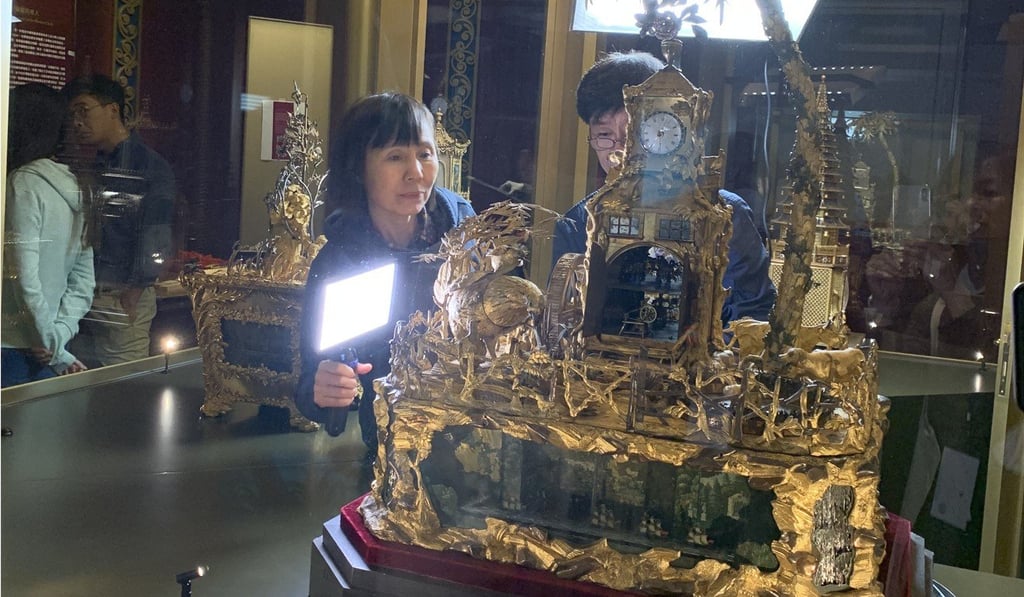
While a number of timekeeping instruments, such as the sundial and water clock, were already developed in China by the 1600s, Western timepieces were more accurate at telling the time, came in different styles and sizes and were equipped with a variety of functions, such as chiming and different kinds of automata.
Guan, who visited Hong Kong recently to deliver a talk to accompany the “Treasures of Time” exhibition, says antique clocks and watches offer a glimpse into the history of China during the Qing dynasty.
“The first four Qing emperors were particularly interested in Western timepieces and would give specific instructions to craftsmen about clock design and manufacture,” she says.
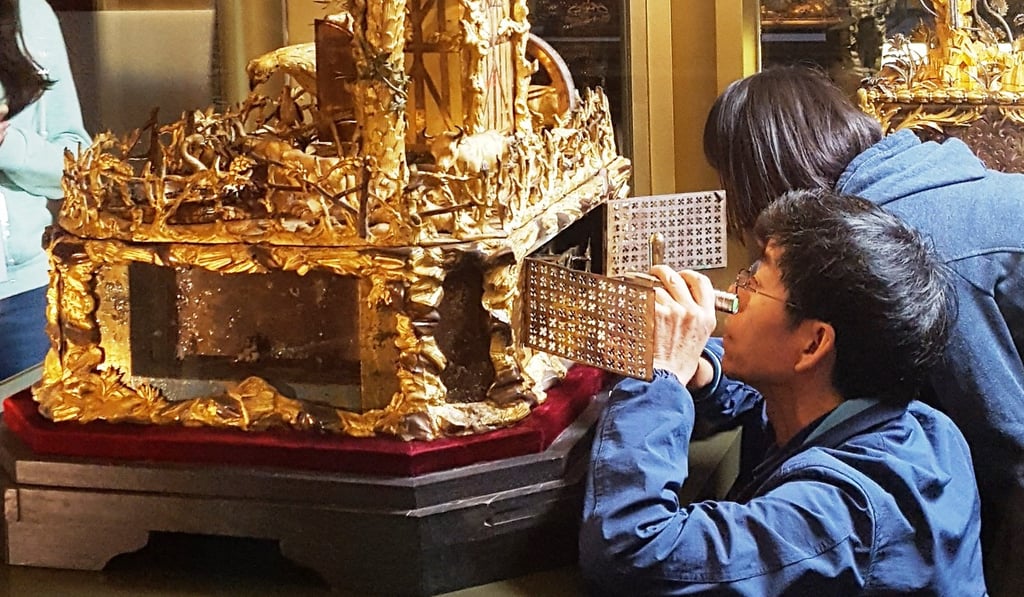
Clocks and watches produced during the time were made of highest-quality materials, such as zitan wood – an extremely dense, highly prized wood often used in making cabinets – and showed excellent craftsmanship.
Craftsmen under Emperor Kangxi were very mature in their skills. They were able to repair broken pieces or even produce original timepieces
During the reign of Emperor Shunzhi, the first ruler of the Qing dynasty, palace craftsmen produced clocks and watches modelled on imported pieces.
“Craftsmen under Emperor Kangxi were very mature in their skills,” Guan says. “They were able to repair broken pieces or even produce original timepieces.”
The Qing court also set up a clock-making unit under the imperial workshops to make clocks and watches according to the emperor’s specifications.
Compared with his father, Emperor Yongzheng was more interested in the application of timepieces. He used them as time keepers, both inside the palace and on his inspection tours around the country.
The clock-making unit was in its heyday during Qianlong’s reign, designing and manufacturing timepieces with different designs and automata and breathing new life into existing pieces by modifying parts of them.
However, the manufacturing capacity of timepieces waned from the time of Emperor Jiaqing, who had little interest in clocks and watches, Guan says.
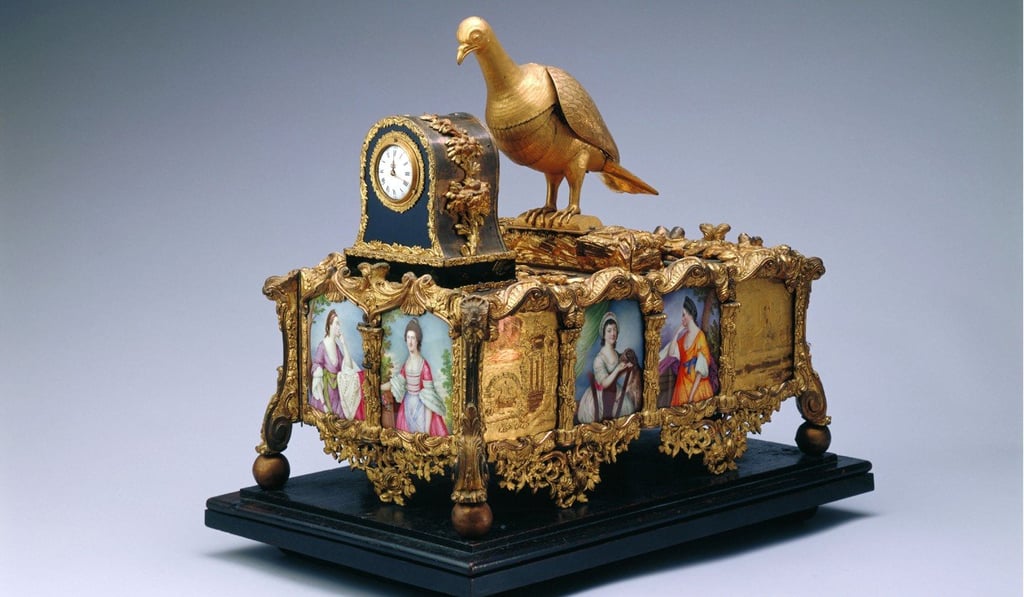
There are nearly 1,600 timepieces in the collection of The Palace Museum – all hailing from the Qing dynasty, she says.
Items that are not on public display are safely kept in the storeroom in the basement of the museum.
With the temperature set at between 14 and 16 degrees Celsius (57.2 and 60.8 degrees Fahrenheit) and a humidity level of 45 to 55 per cent, the room offers an optimal environment for the antiques.
“Our storeroom used to be located at the ground level,” Guan says.
“But a gust of wind in Beijing would cover the clocks and watches with a layer of earth and so we decided to move to the basement.”
Not only are these beautiful pieces rich in historical and artistic value, but in combining different parts and functions, they also demonstrate scientific sophistication
It takes great care and an extra dose of patience to look after the pieces, some of which have never been touched up or repaired for more than a century.
Restoring them to their former glory requires a set of rather extensive and meticulous procedures.
Wang says the first step is always to take photos of the clock to preserve history and keep a record.
“Then we open the case, examine the features of the clock and identify the problems you need to fix and make a list of them,” he says.
“The next step is to clean the parts, such as removing dust and rust.
“We then assemble the parts and fine-tune the mechanisms [after understanding the mechanical structure and characteristics of the timepiece].
“Also, we take photos of the repaired clock and make detailed records [of the conservation process].”
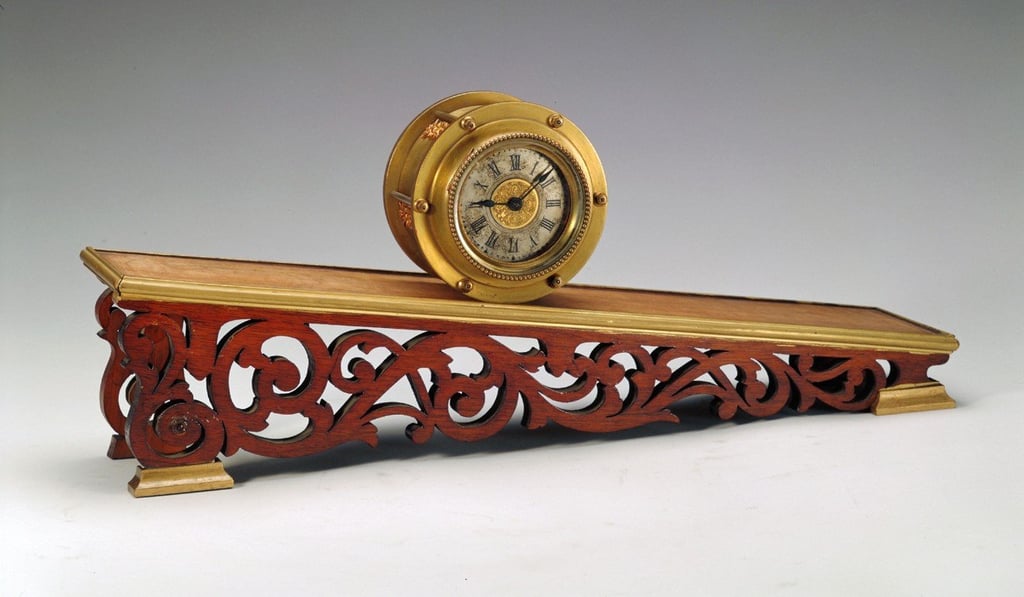
He says that training the next generation of artisans and ensuring that the skills of repairing antique timepieces are not lost is also crucial to maintaining the tradition of ancient timekeeping.
Guan says century-old clocks and watches are valuable in many ways.
“Not only are these beautiful pieces rich in historical and artistic value, but in combining different parts and functions, they also demonstrate scientific sophistication,” she says.
If you want to find out more about the magnificent timepieces from the Qing dynasty, both imported from the West and manufactured in China, visit the “Treasures of Time” exhibition at the Hong Kong Science Museum, which runs until April 10.
The exhibition also chronicles the development of timekeeping instruments in China and Europe.